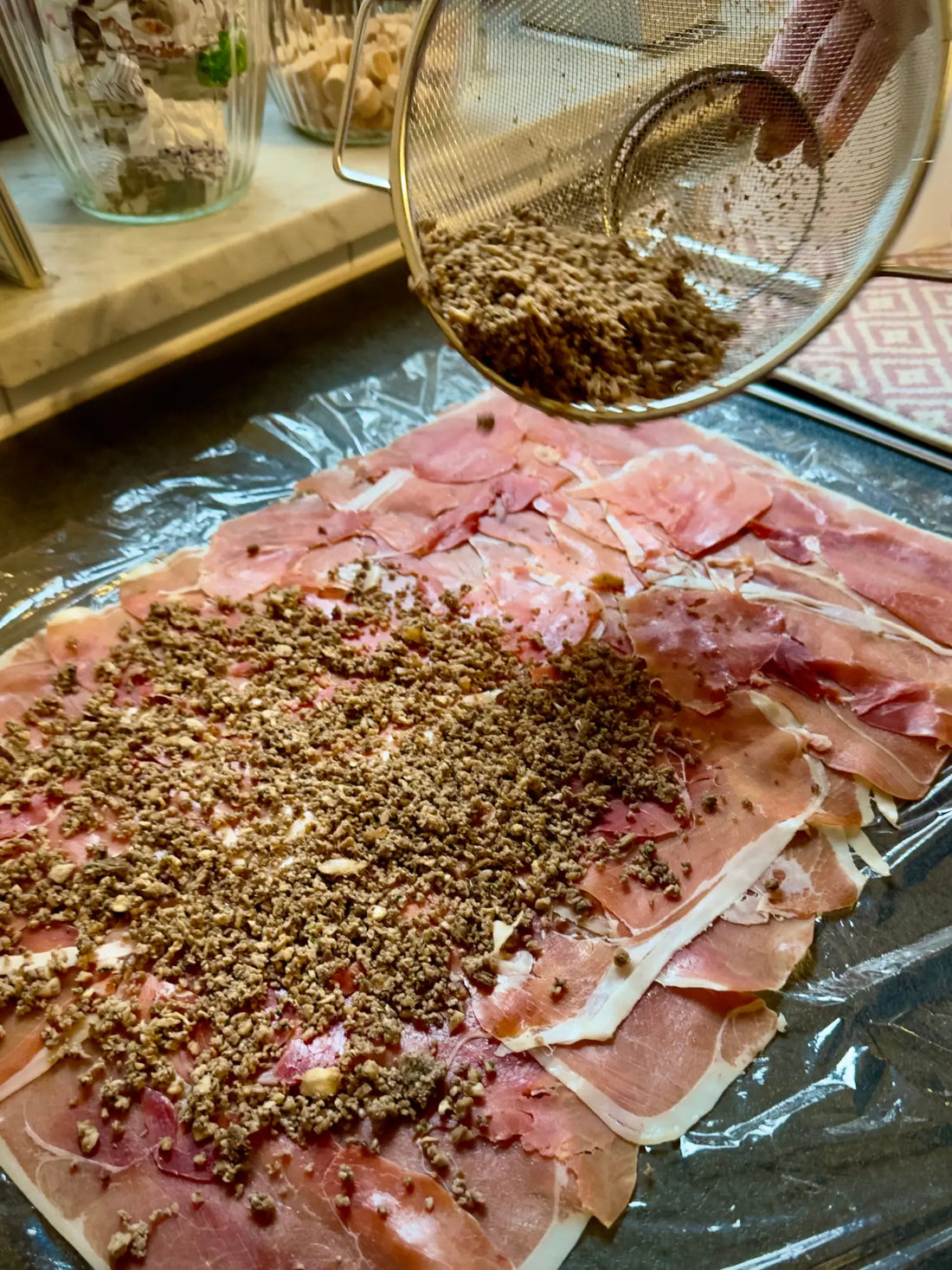
Winter spices & umami: a taste explosion for your kitchen
You know the feeling: It's cold outside, and inside, your palate is craving something to warm you from the inside. But not just any food – it should taste great, be deep and aromatic, so that you immediately want to take the next bite. The secret? Spices! Today you'll learn all about the best winter spices, how they can elevate your meat, fish, or vegetables to a new level, and what you should definitely keep in mind. And most importantly: What exactly is umami, and how do you bring this mysterious flavor into your kitchen? Let's get started!
The classics – warmth and depth for every dish
Cinnamon
- Why I love cinnamon: Cinnamon is a true all-rounder. Sure, it's unbeatable in cakes and desserts, but have you ever tried a pinch of it in a braised dish or on sweet potatoes? It's surprisingly different!
- Pro tip: Combine cinnamon with a little chili when cooking pork or duck. This blend adds a touch of heat and aromatic depth.
- Please don't: Too much cinnamon can easily overpower the flavor of other ingredients. A touch is enough, especially in savory dishes.
Carnations
- Why carnations are so special: Cloves add an intense, warm flavor that pairs perfectly with meat and red cabbage. But be careful: they're very strong!
- My usage tip: Stick a few cloves into half an onion and cook it in your stew. Remove before serving to preserve the flavor without the risk of biting into a clove.
nutmeg
- When I use nutmeg: Mashed potatoes without nutmeg are unimaginable! Or try them in a creamy cauliflower sauce—simply brilliant.
- Important: Always grate the nutmeg fresh. The pre-ground version has barely any flavor, and we want the full flavor, right?
Exotic spices – for that special kick
Sumac
- What makes sumac special: Sumac provides a fresh, lemony flavor without being acidic. It's perfect for adding a fresh touch to fish or vegetables.
- This is how I use it: Sprinkle sumac over grilled salmon or roasted vegetables at the end of cooking for a fresh finish.
Black garlic
- Why I love black garlic: This fermented garlic is a real game-changer. It tastes sweet, intense, and is a true umami bomb in the kitchen.
- My tip: Crush black garlic with a little butter and spread it over a steak – a must for lovers of intense flavors.
Kampot pepper
- What makes Kampot pepper special: This pepper is full of nuances—floral, spicy, complex. It's not just a spice, but a culinary experience.
- Pro tip: Freshly ground over a juicy piece of meat – that’s all it takes for a first-class taste experience.
Umami – The fifth taste
Imagine biting into a perfectly grilled steak, a ripe tomato, or a bowl of steaming mushrooms. It's not sweet, not salty, not sour, and not bitter—it's simply "full-bodied." That's umami, the fifth taste. "Umami" means "savory" or "savory" in Japanese, and that's exactly what it describes.
Why does umami taste so special?
The secret of umami lies in glutamates – natural amino acids found in many foods that ensure a dish has a more intense and rounded flavor.
Umami sources in the kitchen:
- Tomatoes: Particularly concentrated in dried tomatoes.
- Mushrooms: Porcini mushrooms, button mushrooms or shiitake – real umami stars.
- Soy sauce and miso: The fermented wonders of Asian cuisine contribute significantly to the umami taste.
- Parmesan: The king of umami-rich cheeses.
- Black garlic: A fermented garlic, sweet and intense, ideal for umami-rich recipes.
Tip: Combine these ingredients

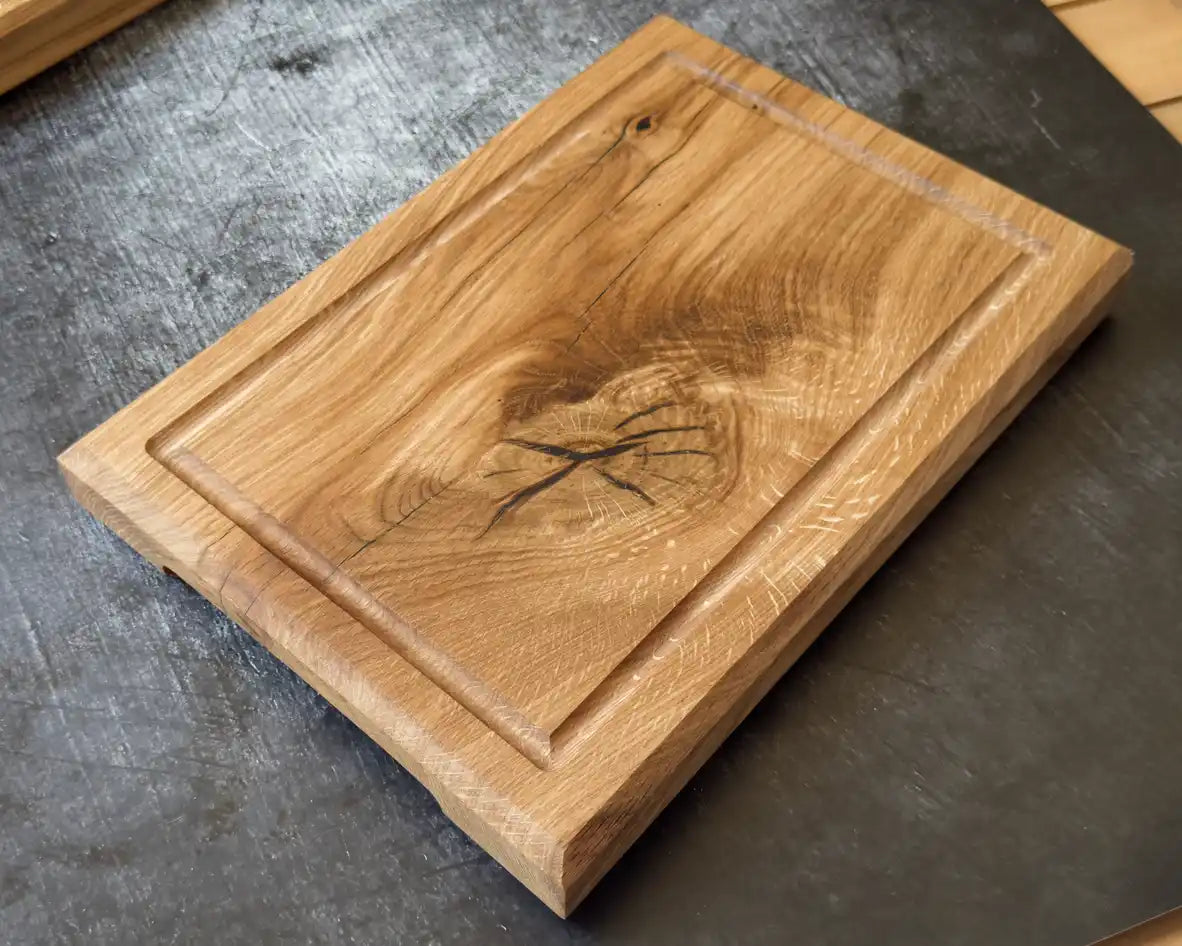
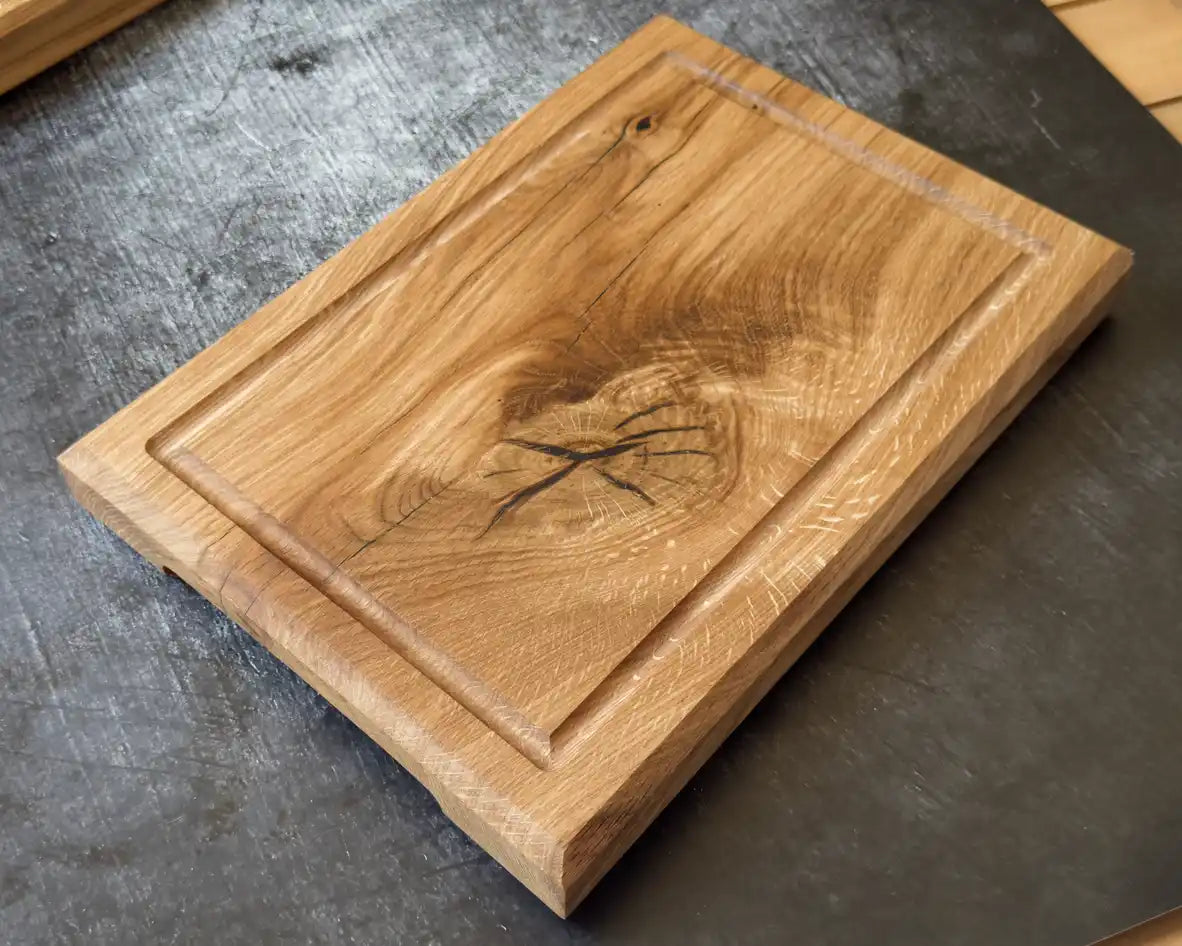














































 >
>
 >
>
 >
>
 >
>
 >
>
 >
>
 >
>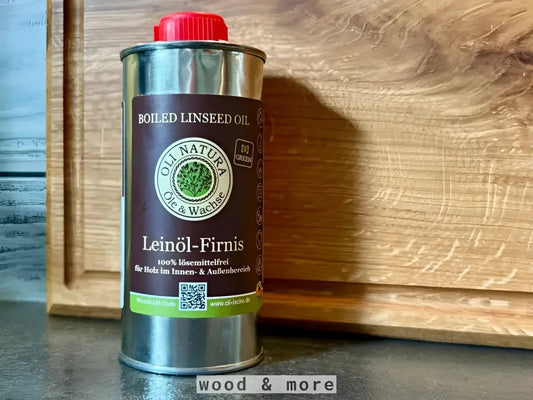
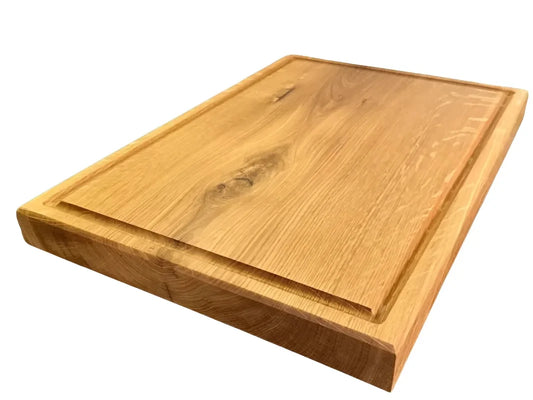 >
>